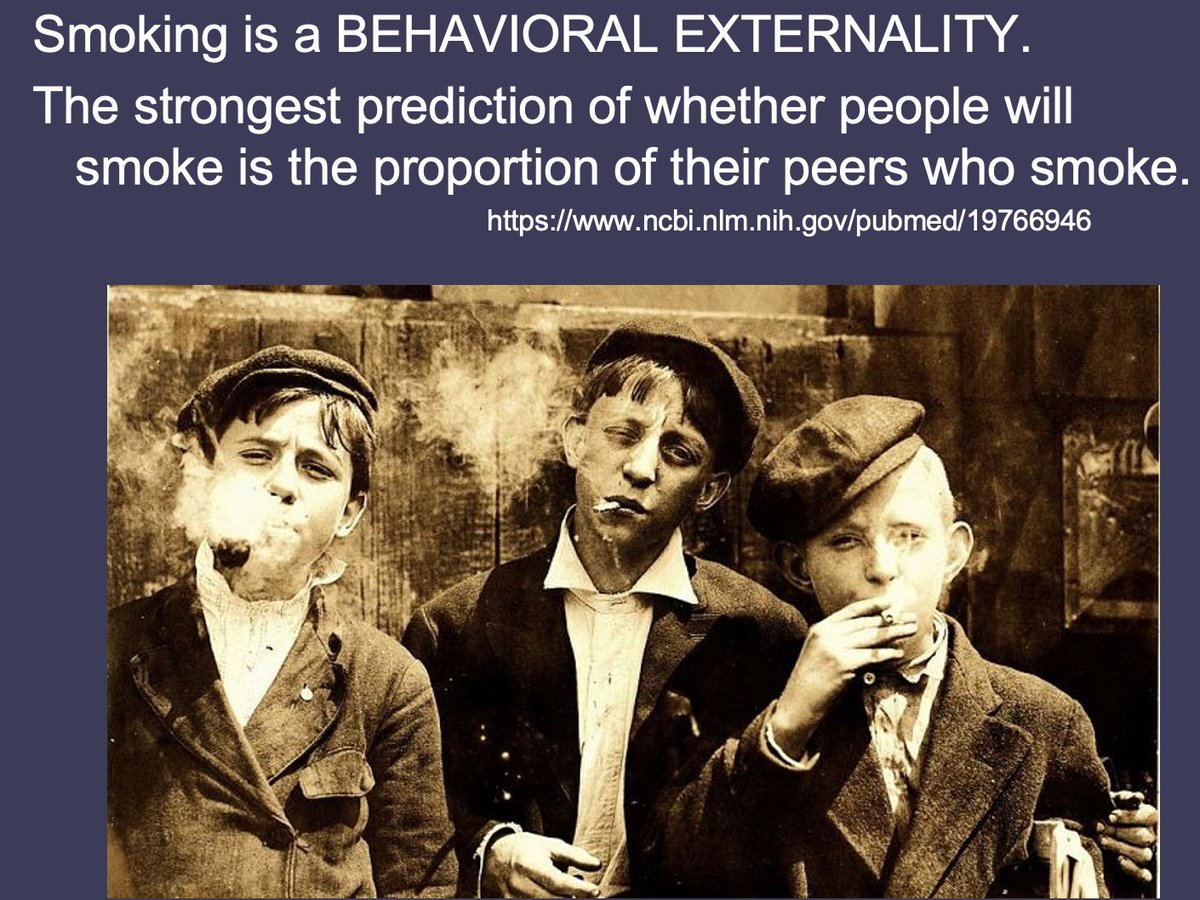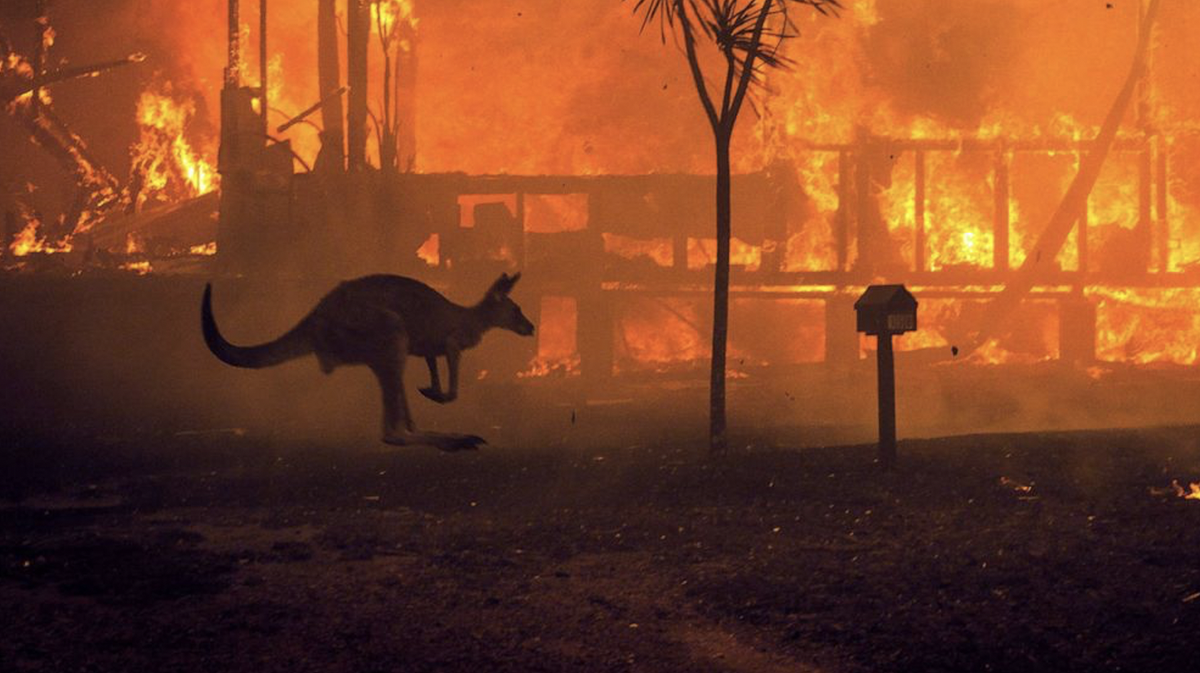
The government says it cannot reunite the 545 children separated from their parents at the border, because it has no record of the parents' identities or whereabouts. But the parents know exactly who they are. That makes this an easy problem to solve. 

Step one: Send saliva samples from the children to a respected international organization--Doctors Without Borders, maybe, or The Red Cross--which would then sequence the DNA of each child.
Step two: Issue a public call to parents whose children were taken from them to submit saliva samples of their own.
Step three: Sequence the parental DNA from these samples.
Step four: Using the DNA data, parents and children could then be matched with essentially 100 percent accuracy. Problem solved!
The Trump administration might resist calls to collect the necessary saliva samples from the children. If widely publicized, any such opposition would entail high political cost.
Very little money would be necessary to implement this solution. A gofundme.com appeal could raise more than enough in a matter of minutes.
What am I missing? Why haven't we already done this?
• • •
Missing some Tweet in this thread? You can try to
force a refresh









